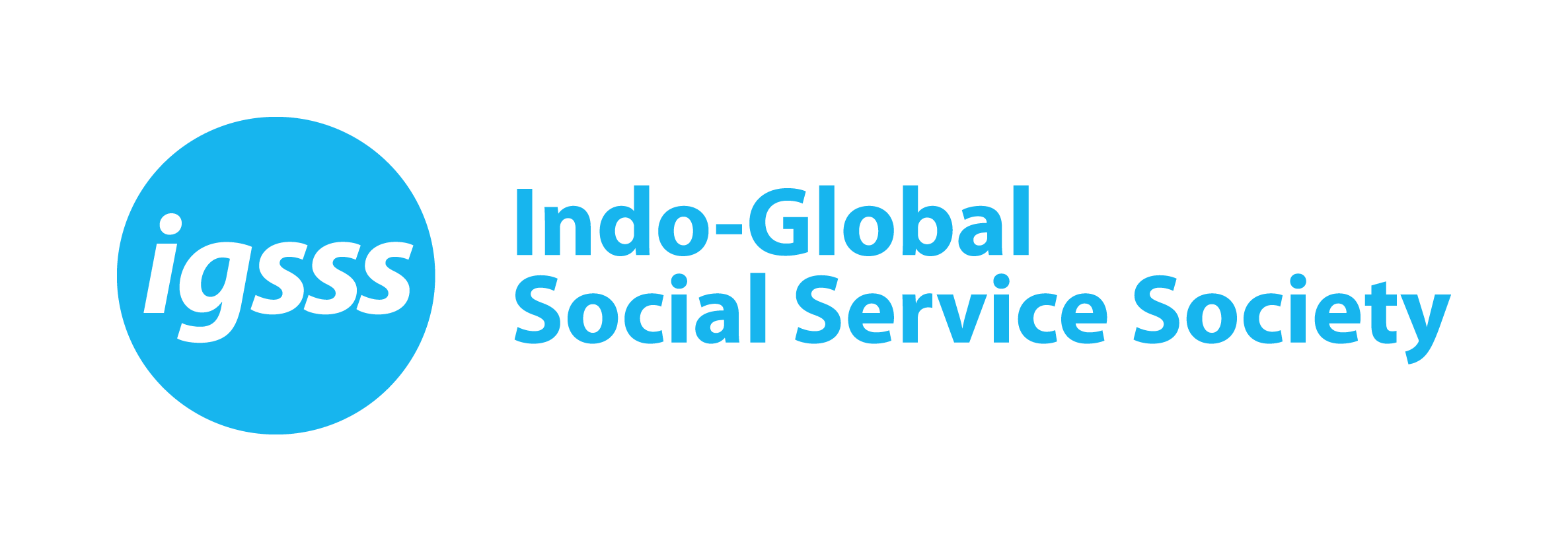Focal point
Location
Indo-Global Social Service Society,
28, Institutional Area, Lodhi Road,
New Delhi-110003
Indo-Global Social Service Society (IGSSS) is a non-profit organisation working with the mandate for a humane social order based on truth, justice, freedom and equity. Established in 1960, IGSSS works for development, capacity building and enlightenment of the vulnerable communities across the country for their effective participation in development.
With its presence in 25 states and one Union Territory of India, IGSSS has set its thematic focus on promoting sustainable livelihood, energising the youth as change makers, protecting lives, livelihood and assets from the impact of hazards, advocating for the rights of CityMakers (Homeless Residents) and developing cadre of leaders from the community and civil society organisations. Gender and Youth are underlining theme across all its interventions.
Members:
Resources
Displaying 1 - 4 of 4Why Farmers Quit?
This study on farmers’ suicides is done by Indo-Global Social Service Society (IGSSS) through its local partner the Baitarani Initiative. This study was attempted to understand if farmers’ suicides were just a desperate reaction to events like droughts and crop loss or there were more fundamental roots.
Contextualising Climate Change For Communities
Communities dependent on climate sensitive livelihood such as agriculture, fishing, horticulture, forestry and livestock have become vulnerable in the light of the climate variability and the challenges arising henceforth.
Perspective: We Are In Drought
Every year most parts of India are affected by drought.But the Centre and State has failed so far to diagnose the drought phenomenon and to come up with a long term solution. Declaration of drought is a sensitive issue. The nature of drought is such that it does not occur in the same intensity across the Country and State and also has differential impacts. Unless this complexity is understood drought declaration will always be controversial and not transparent.
Climate Change and Non Timber Forest Produce
Likewise other tribal areas, the community in Kanker, Hazaribagh and Koraput have also been facing challenges emerged due to climate variability and change. While rainfed agriculture in small and marginal land is the main livelihood practice, the NTFPs provides subsistent food, nutrition and income security round the year. The fluctuation in rainfall pattern over the year and during monsoon season, higher summer temperature and long dry period are impacting the livelihood resources, hence the food security.

